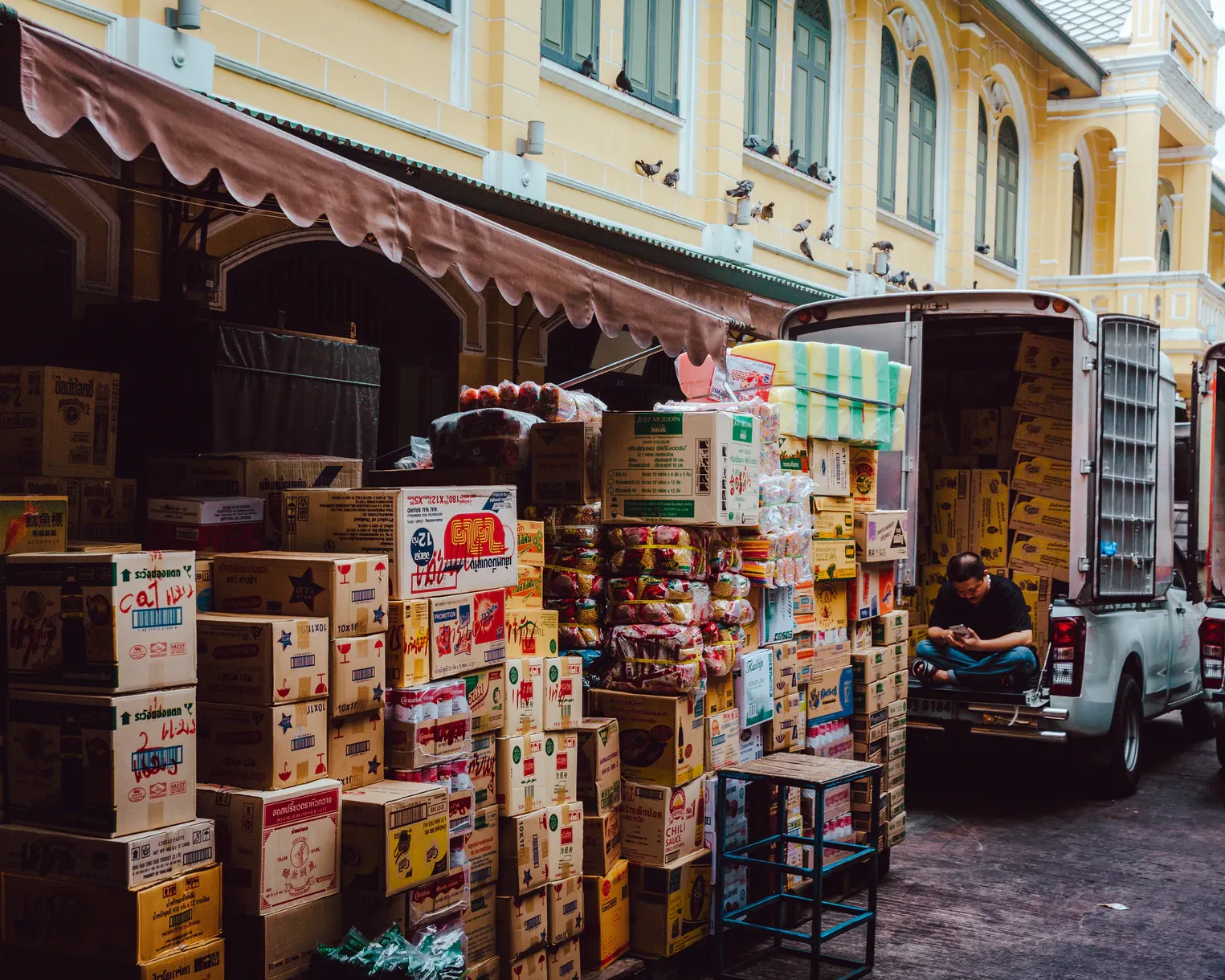Summary
When starting a food business of any kind in Singapore, you would probably need to import food products into the country to get the best quality ingredients. But before you can even begin importing produce from overseas, it is essential to comply with the laws and regulations surrounding food import.
In this article, we’ll take you through the process on how to import food into Singapore—from what you need before importing, what happens during the importing process, and even after importing.
Before Importing

1. Identify Your Product’s Import Classification
If your company requires food products to be imported into Singapore from overseas, it is important to check what your food product is classified as because local customs have different regulations and conditions when it comes to the specific food products.
Here are the main categories:
- Meat: Can be entire carcasses of meat or parts of any animal; can be frozen, chilled, canned or processed; contains more than 5% of meat content.
- Fish: Includes fishes, crustacean, molluscs, marine sponges, marine invertebrates, and other forms of aquatic life including their eggs; can be live, frozen, chilled, or in canned form; ornamental varieties of fish are excluded in this category.
- Fresh Fruits and Vegetables: Includes raw and unprocessed fruits and vegetables; does not include fruits and vegetables that have undergone any form of processing such as cutting, peeling, freezing, or canning.
- Fresh Eggs: Refers to table eggs from ducks, hens, and quails.
- Processed Eggs: Includes salted and preserved eggs, liquid and powdered eggs, and cooked eggs.
- Processed Food: Includes all food products and supplements that are not grouped in the above categories.
2. Apply for Trader’s License
Another requirement needed to import food into Singapore is to apply for a Trader’s License with the Singapore Food Authority (SFA).
A Trader’s License is required if you are:
- Importing, exporting or transshipping meat and fish products
- Importing or transshipping fresh fruits and vegetables
- Importing fresh eggs
For other processed food products, you need to apply for a Registration to Import Processed Food Products and Food Appliances.
3. Apply for an Import Permit
Once you have successfully applied for a trader’s license, the next step is to get an import permit. Business owners may apply for one through the Singapore Government’s TradeXchange system. During the application process, you will need to state the Establishment Code for the country where the goods are coming from as well as Product Codes for the food products being imported. Once approved by the SFA and Singapore Customs, you will be issued with a Cargo Clearance Permit (CCP) that will serve as an SFA import permit.
When Importing Food

Comply with Relevant Food Legislation
When importing food into Singapore, business owners must ensure that they comply with the relevant regulations governed by the SFA including the Sale of Food Act and the Food Regulations. These acts ensure that the food products imported are safe and suitable for human consumption.
After Importing
Food Inspection
For food imports such as meat and other meat products, inspections may be conducted on these goods upon entering Singapore. Should it be necessary for your food products to be inspected, business owners are advised to make a booking for inspection via the SFA’s Inspection and Laboratory e-Services.
Upon inspection, you are required to present your Cargo Clearance Permit (CCP), the consignment of food for inspection, and any other relevant documents. If the food products fail to pass the food inspection, they will not be allowed into Singapore.
While starting a food business in Singapore sounds like a ton of fun, it also requires a lot of work. In order to get your company started, you’ll need to ensure that you have the relevant licenses, permits, and applications for you to begin your operations.
Consult and Incorporate
If you are having trouble with incorporating your company in Singapore, Aspire is providing same-day incorporation services in partnership with Osome. Along with incorporating your business, they will also open a business account for you and your company all in one day. This will give business owners more time to focus on the operations of their business, while they leave the rest to us.










%201.webp)


.webp)